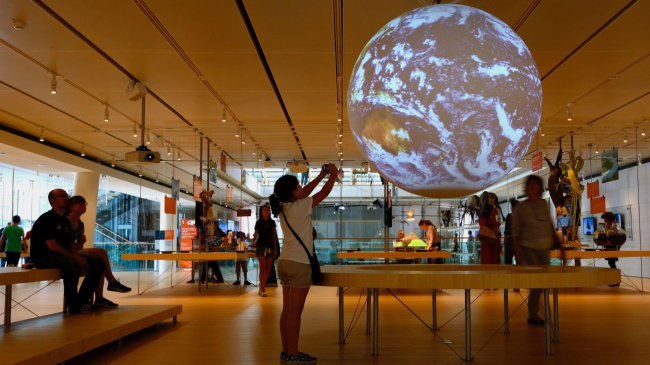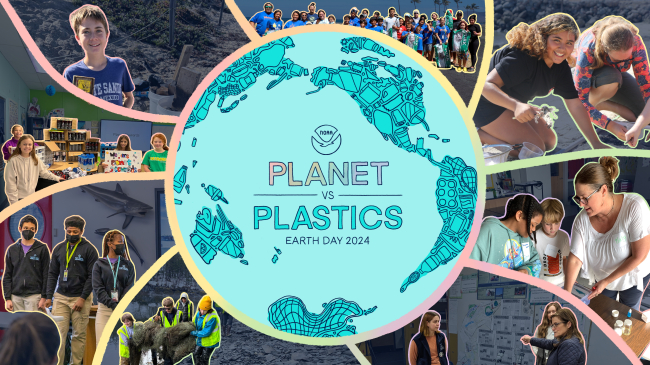Hi everyone! My name is Emmelia Ashton and I am a NOAA Hollings Scholar studying metallurgical and materials engineering with a minor in biology at the Colorado School of Mines. This summer, I had the exciting opportunity to intern with NOAA at the Northwest Marine Fisheries Science Center in Seattle, Washington, studying the effects of increasing temperatures on embryo mortality for the Upper Willamette River Chinook salmon population. Read more about my project below!
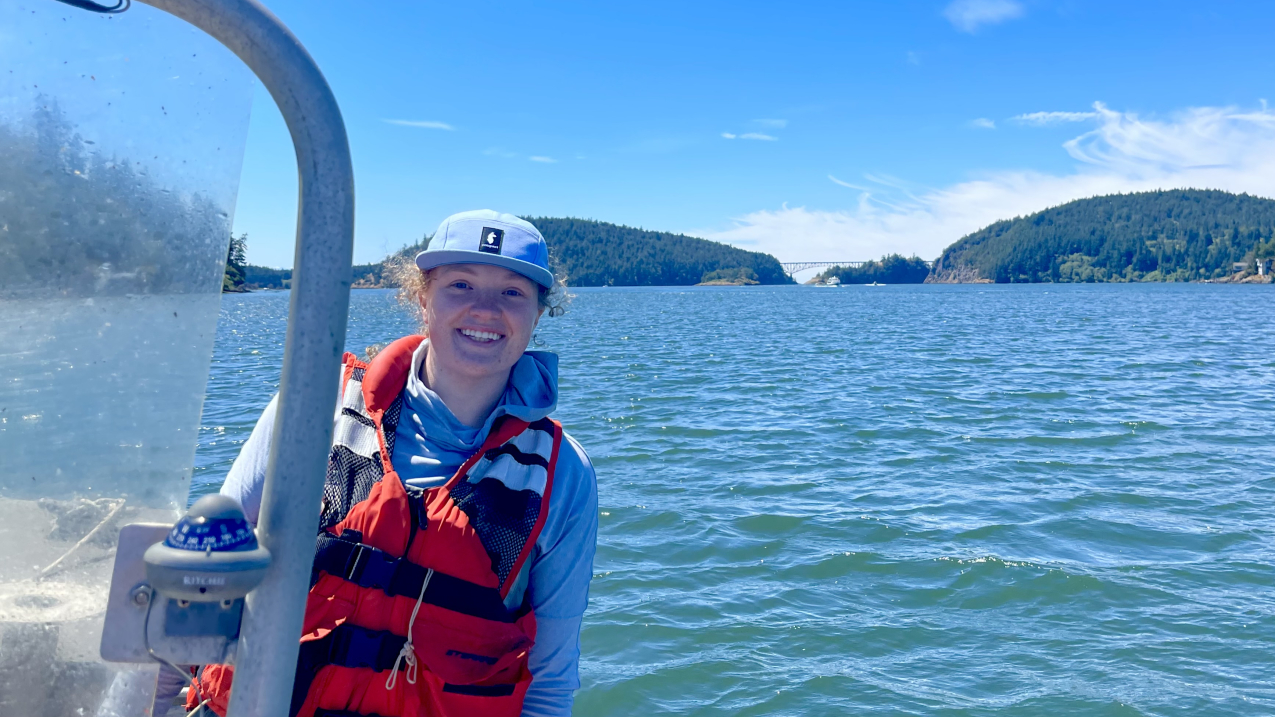
Emmelia Ashton, a 2022 Hollings scholar, helped with field work to monitor and evaluate the ecological health of Puget Sound's pelagic food web. (Image credit: Anna Kagley)
During this internship, I learned more about ecological links between Pacific salmon and their environment as well as factors influencing their growth, distribution, and survival. I had the opportunity to meet with local management agencies that evaluate stream, river, and watershed restoration efforts under the Endangered Species Act to help recover the commercially and culturally important salmon stock.
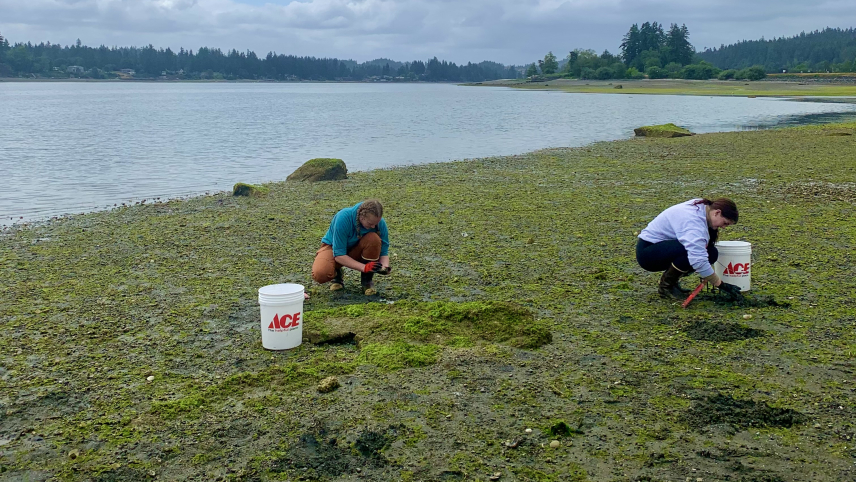
Throughout this project, I further developed important skills in data analysis and scientific research. I also had the opportunity to participate in field work that monitors the ecological health of Puget Sound’s pelagic food web and to contribute to a project measuring the resiliency of local clam species to ocean acidification.
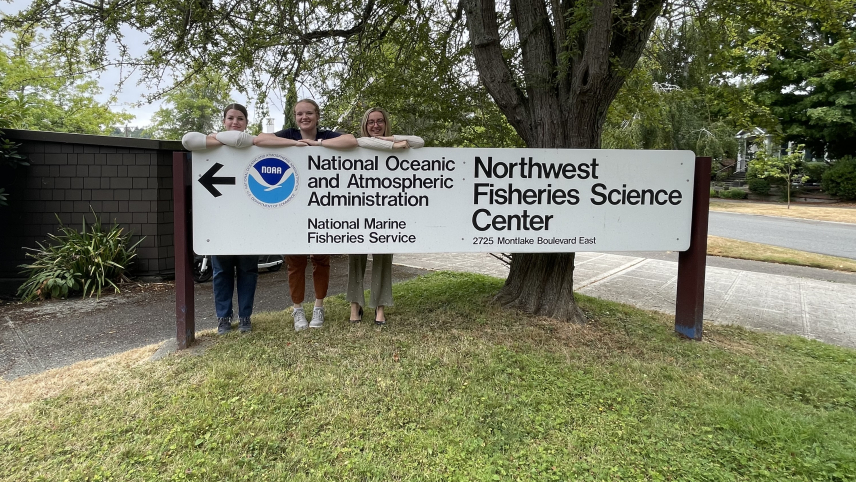
My internship was an amazing opportunity to learn from NOAA employees and understand all of the hard work that goes into policymaking in coastal communities especially as they impact aquaculture and sustainable fishery practices.
More about my project
Chinook salmon are listed for protection under the Endangered Species Act as a threatened species. We know from past research that high water temperatures can lower survival for migrating salmon and salmon that complete the migration before they are able to reproduce. However, hatchery managers have also noticed that higher temperatures may cause more Chinook salmon embryos to die. I analyzed historical survival data and temperature prediction models to examine the effects of increasing temperatures on embryo survival rates and egg viability of reproducing fish for the Upper Willamette River Chinook salmon population. The results of my project set a foundation for future work that can be used to inform decisions and preserve threatened salmon populations in the Pacific Northwest.
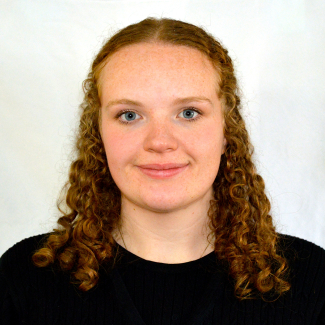
Emmelia is a 2022 Hollings scholar studying metallurgical and materials engineering with a minor in biology at the Colorado School of Mines.


